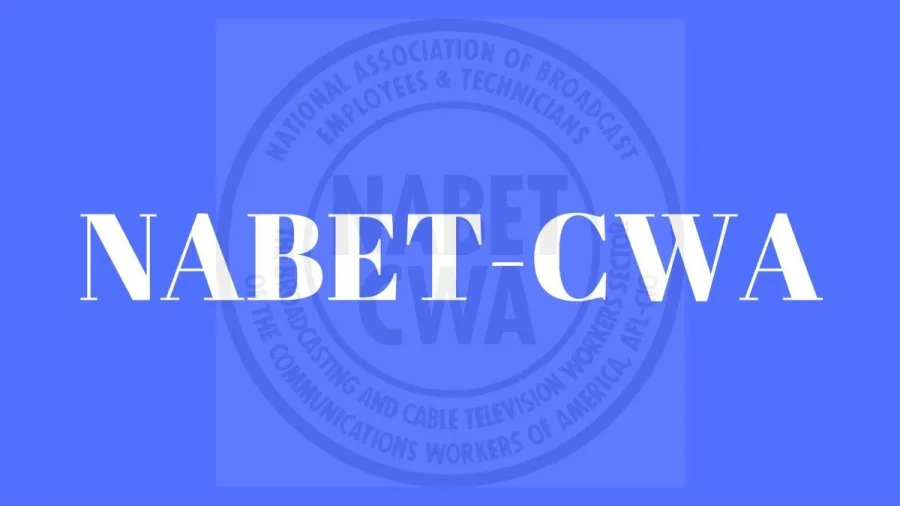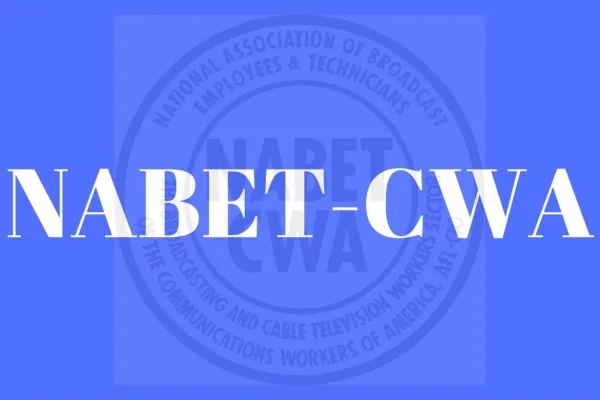SWALWELL, BLUMENTHAL, & MENENDEZ REINTRODUCE THE JOURNALIST PROTECTION ACT

WASHINGTON, DC – Today Rep. Eric Swalwell (CA-15), Sen. Richard Blumenthal (D-CT), and Sen. Robert Menendez (D-NJ) reintroduced the Journalist Protection Act to make a federal crime of certain attacks on those reporting the news. This reintroduction is happening during Sunshine Week, when we recognize the importance of access to information. A free press is critical in helping to shine light on our government and illuminate the challenges facing our country.
The Journalist Protection Act makes it a federal crime to intentionally cause bodily injury to a journalist affecting interstate or foreign commerce in the course of reporting or in a manner designed to intimidate him or her from newsgathering for a media organization. It represents a clear statement that assaults against people engaged in reporting is unacceptable, and helps ensure law enforcement is able to punish those who interfere with newsgathering.
Both before and since taking office, President Trump has blatantly stoked a climate of extreme hostility toward the press. He has called the press “the enemy of the American people,” and described mainstream media outlets as “a stain on America.” He once tweeted a GIF video of himself body-slamming a person with the CNN logo superimposed on that person’s face, and retweeted a cartoon of a “Trump Train” running over a person with a CNN logo on its head.
Such antagonistic rhetoric encourages others to think, regardless of their views, that violence against journalists is more acceptable. Last April, the international organization Reporters Without Bordersdropped the United States’ ranking in its annual World Press Freedom Index by two points, to number 45 overall, citing President Trump’s bashing of the media.
“From tweeting #FakeNews to proclaiming his contempt for the media during campaign rallies, the President has created a hostile environment for members of the press,” said Swalwell. “A healthy democracy depends on a free press unencumbered by threats of violence. We must protect journalists in every corner of our country if they are attacked physically while doing their job, and send a strong, clear message that such violence will not be tolerated. That is what my bill, the Journalist Protection Act, would do.”
In March 2017, OC Weekly journalists said they were assaulted by demonstrators at a Make America Great Again rally in Huntington Beach, CA. The following August, a reporter was punched in the face for filming anti-racism counter-protestors in Charlottesville, VA. At a rally hosted by the President in El Paso, TX just last month, a man in a Make America Great Again hat attacked a BBC reporter and yelled expletives directed at “the media.”
“The values celebrated during Sunshine Week – accountability through transparency, access to public information, and freedom of the press – are under attack like never before,” said Blumenthal. “Under this administration, reporters face a near-constant barrage of verbal threats, casting the media as enemies of the American people and possible targets of violence. This bill makes clear that engaging in any kind of violence against members of the media will simply not be tolerated.”
“Over 200 years ago, our Founding Fathers had the foresight to recognize the importance of a free press to a fledgling democracy,” said Menendez. “Now, more than ever, their importance can’t be overstated. Despite the dangerous rhetoric coming from the Trump Administration, and yet another disturbing attack on a journalist covering a MAGA rally, the press is not the enemy of the people. A free, and independent press—a strong Fourth Estate—is essential to the American people and our democracy, ensuring an informed public and holding those in power accountable. We cannot condone any physical attacks on journalists or members of the media.”
The bill is supported by the Communications Workers of America (CWA) and by News Media for Open Government, a broad coalition of news media and journalism organizations working to ensure that laws, policies and practices preserve and protect freedom of the press, open government and the free flow of information in our democratic society.
“American journalists are facing assaults, threats, intimidation and even murder simply for fulfilling their First Amendment duties by reporting the news,” said Bernie Lunzer, president of The NewsGuild, a division of the CWA. “The Journalist Protection Act strengthens the free press that’s essential to our democracy.”
“Now more than ever, our industry needs the Journalist Protection Act to ensure both our members and their equipment have an extra layer of defense from attacks,” said Charlie Braico, president of the National Association of Broadcast Employees and Technicians, also a CWA division. “It’s also another way of saying in these turbulent times that yes, the First Amendment matters – and it’s worth protecting.”
“A journalist should not have to worry about threats of harassment or physical attacks solely for doing their jobs and informing the public,” said Melissa Wasser, Coalition Director for News Media for Open Government. “Forty-eight journalists faced physical attacks while gathering and reporting the news in 2018, as documented by the U.S. Press Freedom Tracker. More than two dozen newsrooms have received hoax bomb threats, disrupting their operations. Not only is the role of the news media in our democracy under attack, but the safety of individual journalists is threatened. The Journalist Protection Act would not elevate journalists to a special status, but rather would ensure they receive the same protections if attacked while gathering and reporting the news.”
Original co-sponsors of the Journalist Protection Act in the House include David Cicilline (RI-1), Steve Cohen (TN-9), Debbie Dingell (MI-12), Hank Johnson (GA-4), Ro Khanna (CA-17), Andy Levin (MI-9), Gwen Moore (WI-4), Eleanor Holmes Norton (DC), Bobby Rush (IL-1), Darren Soto (FL-9), and Debbie Wasserman Schultz (FL-23).
###
Cait McNamee, Press Secretary, Rep. Eric Swalwell (CA-15)
NBC Master Agreement Ratification: Bulletin #11 - Membership Ratifies a New Master Agreement


